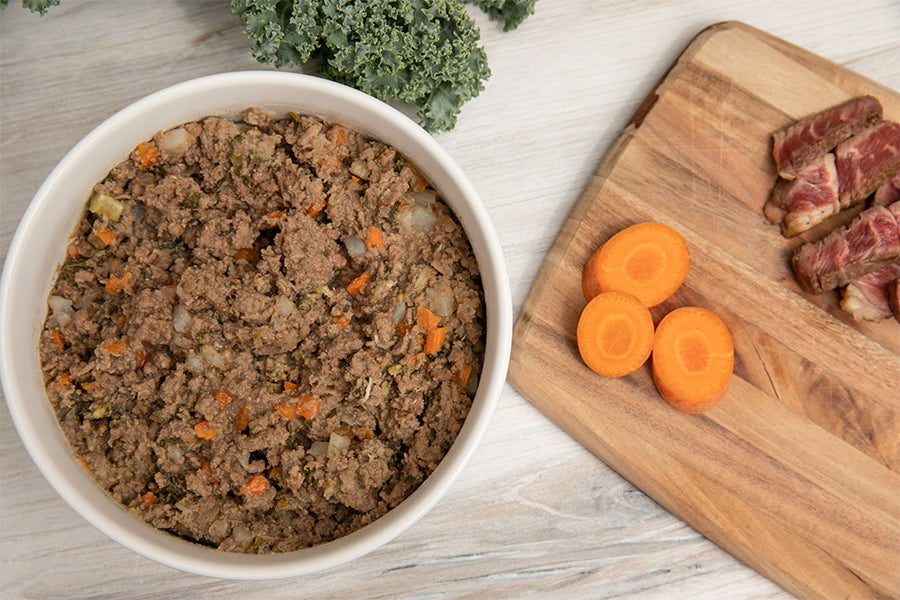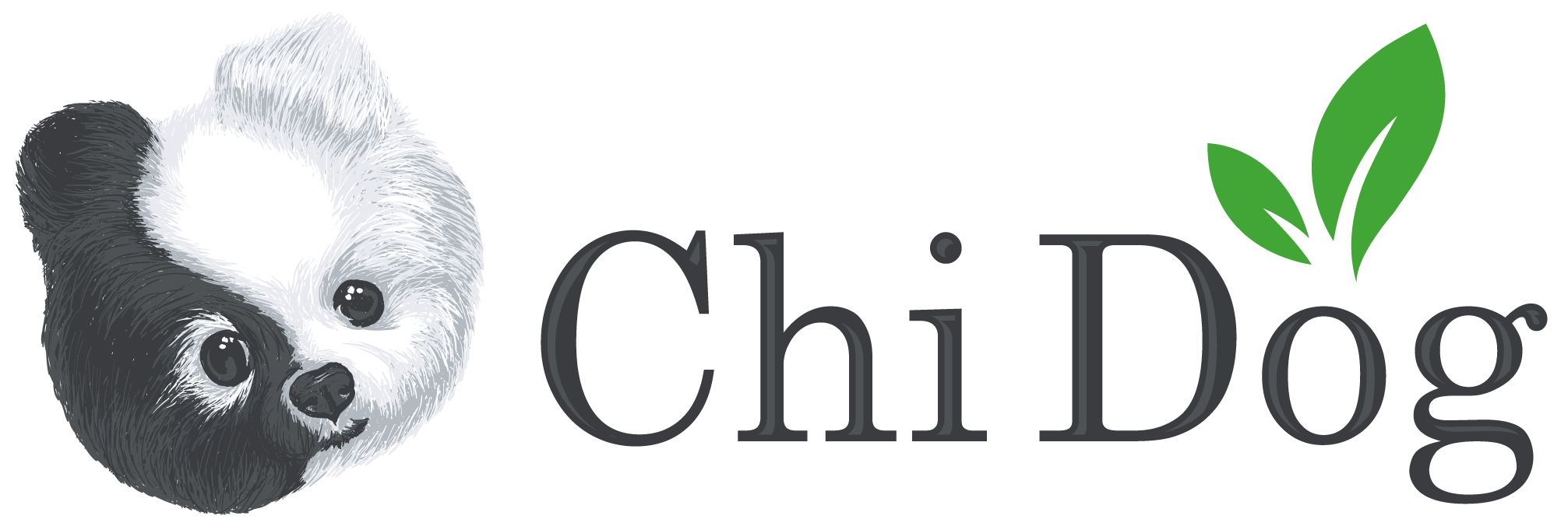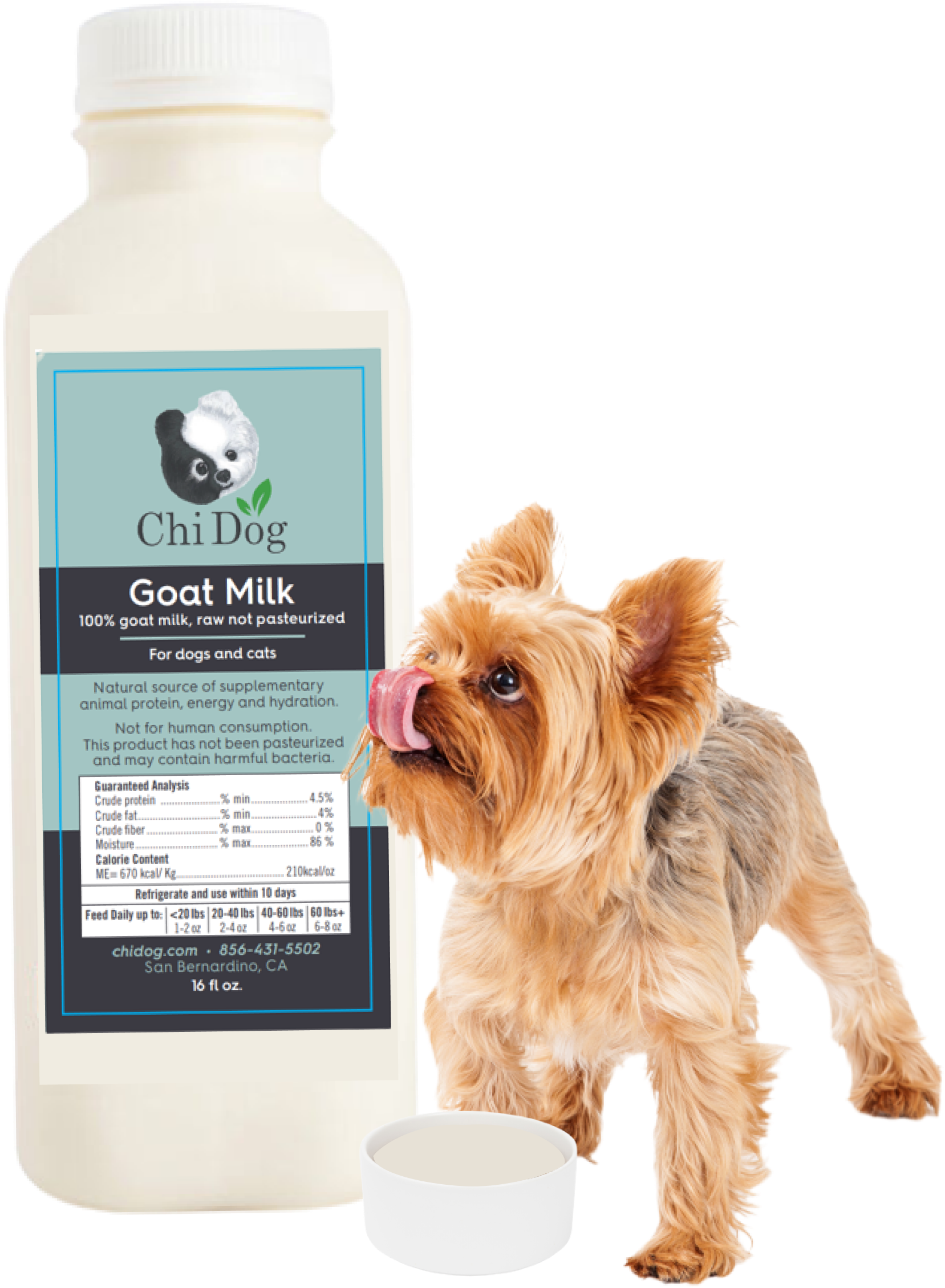
Organ Meats in Dog Food: What Every Pet Owner Should Know

As pet owners, we all strive to provide our furry friends with the best possible nutrition. One topic that often sparks debate is the inclusion of organ meats in dog food. While organ meats like liver and kidneys are rich in nutrients, there are important considerations to keep in mind before incorporating them into your dog's diet. In this blog post, we'll take a deep dive into why certain organs may not be ideal for regular inclusion in your dog's meals and how to do so safely if you choose to add them.

Understanding Organ Meats
Organ meats, also known as offal, include liver, kidneys, heart, and other internal organs. These meats are highly nutritious, containing essential vitamins and minerals such as vitamin A, B vitamins, iron, and zinc. However, they also come with potential drawbacks that every pet owner should be aware of.
The Role of the Liver and Kidneys
The liver and kidneys play crucial roles in a dog's body. The liver is responsible for detoxifying the blood, metabolizing drugs, and storing vitamins and minerals. The kidneys filter waste products from the blood and regulate fluid balance. Given their functions, these organs can accumulate toxins and heavy metals over time.
While it's true that the liver and kidneys are nutrient-dense, the fact that they metabolize toxins raises some concerns. Feeding these organs in large quantities might expose your dog to harmful substances that have been processed by the liver and kidneys of the animal they came from.

High Fat Content
Organ meats are generally higher in fat compared to muscle meats. While fats are an essential part of a dog's diet, providing energy and supporting cell function, too much fat can lead to health problems. Excessive fat intake can contribute to obesity, pancreatitis, and other digestive issues. For people, consuming organ meats is associated with an increased risk of fatty liver disease due to their high fat content. This serves as a cautionary tale for our pets as well.

Guidelines for Including Organ Meats in Your Dog's Diet
When considering adding organ meats to your dog's diet, it's crucial to do so in moderation. The American College of Veterinary Internal Medicine (ACVIM) and holistic veterinary practitioners, such as those from The Chi Institute of Chinese Medicine, recommend that organ meats should constitute no more than 10% of your dog's overall diet. This ensures that your dog receives the nutritional benefits of organ meats without the associated risks.
One effective way to manage this is by treating organ meats as occasional treats rather than regular meal components. This approach allows you to control the quantity and ensure that organ meats make up only a small fraction of your dog's diet. For instance, you can use small pieces of liver or kidney as high-value training rewards.
Choosing High-Quality Organ Meats
If you decide to incorporate organ meats into your dog's diet, it's important to choose high-quality sources. Opt for organ meat treats made from grass-fed, free-range animals whenever possible. These sources are less likely to contain harmful substances compared to those from conventionally raised livestock. You may want to avoid cooked dog food meals that include liver or kidney in the ingredient list.
Signs of Overconsumption
Even with careful planning, it's possible for dogs to consume too much organ meat. Watch for the following signs that might indicate your dog is overconsuming organ meats:
- Digestive Issues: Vomiting, diarrhea, or constipation.
- Weight Gain: An increase in body weight or signs of obesity.
- Pancreatitis: Symptoms include abdominal pain, loss of appetite, and lethargy.
If you notice any of these signs, you may want to switch to only ground muscle meat in your dog’s diet as a lower fat more gentle diet option.
Holistic and Balanced Nutrition
Balancing your dog's diet is key to ensuring they receive all the nutrients they need without overloading on any particular food group. While organ meats can be beneficial in small quantities, they should be part of a varied and balanced diet. Incorporate a mix of muscle meats, vegetables and a small amount of carbohydrates to provide a well-rounded nutritional profile.

Discover Integrative Food Therapy with Chi Dog
For those looking to provide a holistic and balanced diet for their dogs, Chi Dog offers a unique approach through Integrative Food Therapy. At Chi Dog, we advocate for gently cooked, low-carb, real food meals that are crafted with human grade ingredients as the most gentle way to feed. Our meat is only human-grade ground muscle meat. Chi Dog does not use organ meat. We chose to omit organ meat because organs are high in fat and can concentrate metals, copper, and toxins. Overall, our meals are designed to provide the nourishment your dog needs without the pro-inflammatory effects associated with traditional dog food.
Chi Dog’s meals are designed to provide the lowest carbohydrates compared to competitors, using real human-grade food that is balanced and therapeutic. Each meal is delivered right to your doggy’s front door, ensuring convenience and freshness.
Chi Dog follows a three-step process to ensure your dog receives the perfect meal plan:
- Introduce Us to Your Dog: Share information about your dog’s unique dietary needs.
- The Perfect Formulation: Take a short quiz developed by veterinarians to determine the ideal formulation for your dog based on your dog’s health needs.
- Delivered to Your Door: Meals are cooked fresh in a USDA-inspected kitchen and laboratory-tested for safety before delivery.
Chi Dog’s holistic recipes use carefully selected ingredients for their healing properties, ensuring your dog gets the best possible nutrition. For more information and to find the right formulation for your dog, visit Chi Dog.
Conclusion
Organ meats can be a valuable addition to your dog's diet when used appropriately. They are rich in essential nutrients but also come with potential risks if not managed correctly. By limiting organ meats to no more than 10% of your dog's diet and treating them as occasional treats, you can provide the benefits without the drawbacks. Always choose high-quality sources, prepare them safely, and monitor your dog for any signs of overconsumption.
In conclusion, the TCVM view of different types of dog food offers valuable insights into providing your dog with the best nutrition. Chi Dog's holistic approach aligns with these principles, offering a range of carefully crafted meals that prioritize your dog's well-being. By choosing Chi Dog, you're not just feeding your dog; you're improving imbalances and harmonizing their Qi. For those seeking a holistic and balanced diet, consider exploring the options provided by Chi Dog for integrative food therapy tailored to your pet’s unique needs.



